#China
Renault Ends Chinese Partnership, Looks for a New Start
With the rippling economic effects of the coronavirus outbreak starting to take hold, some industry analysts have begun floating the increasingly popular theory that various markets could stage a retreat from China. While the Chinese Communist Party’s mishandling of the pandemic — including cover-ups (and the possible manipulation of the World Health Organization) that ultimately encouraged the virus’ spread — are often cited as the impetus for the change, the actual decisions will be largely economic. COVID-19 threatens countless nations’ financial welfare as it simultaneously disrupts global supply chains.
The virus has also sent the auto industry into a holding pattern as manufacturers and suppliers hemorrhage money. While the assumption exists that this situation could encourage international automakers to refocus on domestic production, there haven’t been many examples to point to. Renault changed that this week, announcing plans to abandon its joint venture with China’s Dongfeng Motor Corporation. The move, however, may have less to do with the presumed industrial exodus than the company’s general financial situation.
Long-legged Tesla Model 3 Revealed, but It's Not For You
By “you,” we mean those of you not living in China. In that country, however, customers will soon have access to a Tesla Model 3 variant with more range than what’s available in North America.
As Tesla’s Shanghai assembly plant ramps up production and adds more variation to its offerings, Tesla is in a good position to dominate the country’s “new energy vehicle” market. It also frees itself from import tariffs that suppressed sales via higher sticker prices.
Chinese Auto Market: Inbound Rebound?
With China serving as the flashpoint of the coronavirus outbreak that brought the world down a peg or two, industry and financial analysts have been watching that market like a hawk. The country went into this crisis before any other, which may prove useful for predicting the general path of global recovery efforts.
Unfortunately, specious reports about the number of infected citizens inside that nation have cast a double-quilted blanket of doubt over its official statistics. We don’t actually know if the Chinese government has effectively wrangled the illness or is just hoping to win an international public relations battle. Fortunately, infection rates and death tolls aren’t the only metrics we have to rely on.
According to the China Passenger Car Association, auto sales plummeted by as much as 96 percent since COVID-19 began its relentless spread. This came after months of negative sales growth, leaving the Chinese market in a truly unenviable situation once mandatory quarantines were enacted. Now, circumstances have changed. Showrooms are reopening and many factories have resumed operations, only this time they’re the ones that have to worry about supply chain issues.
As China's Consumer Floodgates Open, a Local Tesla With Added Range Is There to Greet Them
Timing is everything, a famous person (possibly Gerald Ford) once said, and it would seem Tesla is in a position to capitalize on the returning consumer strength of the Chinese marketplace.
In a week that will be remembered by many Chinese as bringing about a return of free will and movement, such as that country can offer, Tesla plans to begin offering a domestically built Model 3 with considerable range.
Subaru Extends Shutdown, Cites Unpredictable Chinese Supply Chains
Subaru is joining the long list of automakers closing shop on account of the coronavirus. Japanese production is being suspended at the automaker’s main plaint in the country’s Gunma prefecture from April 11th through the first of May. It’s also idling the Oizumi engine facility as it announces plans to extend the suspension of its U.S. facility in Indiana. The plant will now be idled through April 20th.
While some of the closures are due to social distancing obligations, the rest is down to parts allocation. Subaru is heavily reliant on components manufactured in China, and it’s still not clear how things are actually going there. What is clear is that Subaru (and plenty of other manufacturers) can’t do without its robust industrial sector operating at full strength. Subaru CFO Toshiaki Okada said in February that “it’s impossible to manufacture cars without China.”
Almost for Normies: Polestar 2 Enters Production As Other Automakers Go Dark
Now fully an automotive brand, Polestar aims to attract more than just a limited number of hugely wealthy customers. That was Polestar 1. Now it’s time for Polestar 2, a more affordable, four-door electric sedan with sporting prowess and eco-consciousness in spades.
How did Polestar pull off the unusual feat of starting production of a new model when assembly lines across the globe are going dark amid the coronavirus pandemic? Because production is occurring in China, the country that birthed the virus, then left it on its neighbors’ doorsteps.
NIO Death Watch: Chinese EV Company About to Bite the Dust
With the way China organized its great leap forward into electrification, we knew it would bury hundreds of automotive startups in the process. By propping up countless businesses, China ensured it could boast more new EV manufacturers than any other nation on the planet. Yet most industry watchers presumed there would be a low survival rate once these fresh firms attempted to transition into legitimate automakers. Some analysts predicted only 10 percent would still be in operation by 2023, while others said 1 percent was probably more realistic.
While this trial by fire seemed poised to weed out lesser-known companies, we’ve seen major players struggling of late. One of them is NIO — a company broadly viewed as a Tesla rival, but which is probably most famous for building the EP9 electric hypercar that traveled the globe to smash EV records in 2017. NIO had a tough 2019, posting a $479-million loss during the second quarter and announced the elimination of 2,000 employees — that’s after it sold its Formula-E team, closed an office in California, abandoned at least one planned factory, and ditched one new model mid-development.
The company now openly acknowledges that it might not survive through 2020.
Mexican Production Under Threat As China Struggles to Come Back Online
Mexico, the birthplace of many lower-end automotive offerings, could see plants go dark by the end of the month if the global supply chain doesn’t sort itself out. Specifically, that means China, a prolific producer of parts.
Production in that country has been stymied since major lockdowns enacted in late January to halt the spread of the emerging coronavirus pandemic left factories idle. And while the country has begun relaxing measures that kept workers away from plants, China’s manufacturing heartland has been slow to rebound.
Could Coronavirus Complications Make AVs More Popular?
As the coronavirus epidemic scares populations out of stores, transportation hubs, and stock markets, autonomous vehicles may be getting a leg up in China. Bloomberg reports that Neolix, an autonomous delivery company based in Beijing, has seen a surge in demand as people opt to stay home (or are forced into quarantined by the Chinese government). Founder Yu Enyuan said the startup has booked orders for more than than 200 autonomous delivery pods since knowledge of COVID-19 became public — noting it had only produced 125 units in the eight months leading up to that.
Thanks to being overhyped by an industry that wasn’t anywhere near as far along as claimed, autonomous vehicles haven’t earned a lot of love lately. Yet Neolix’s minor victory suggests they may have useful applications that previously went ignored. In the realm of humanoid robotics, the goal if often to design a platform that can successfully fill in for a living, breathing person when the surrounding environment becomes too dangerous. Why not for AVs?
Report of Forced Labor Has Automakers on the Defensive
In a report that harkens back to the grim days of World War 2-era Germany, several automakers are accused of benefiting from forced labor.
An Australian think tank claims upwards of 80,000 Uighurs, a persecuted ethnic minority in northwest China, have been transported from state-run re-education and internment camps to the factories of Chinese suppliers. Among the companies said to benefit from the forced labor are Apple, Sony, Nike, Volkswagen, BMW, and General Motors.
This Crossover Won't Save You From Coronavirus
As we told you last week, the rampaging coronavirus outbreak and subsequent restrictions on movement has forced Chinese automakers to use technology in new ways. With sales plunging and millions barred indoors, auto giant Geely turned to online retailing, allowing customers to order and configure cars from home. The automaker even allowed for test drives to take place at the buyer’s residence.
One aspect of the epidemic was the cancellation of a splashy February 14th sales launch for the new Icon small crossover, which hit the market this week. The event may have been scrubbed, but Geely still found a way to use the virus to its advantage.
Chevrolet's First Chinese EV Hits the Market at a Difficult Time
The price seems right, the range looks good, and the body? Well, we’ve seen far more ungainly vehicles achieve success in the past. The Chevrolet Menlo, the bowtie brand’s first EV in China, went on sale in the troubled nation last week with both pros and cons in its corner.
For American viewers who can only look at the Bolt and wish it looked like this, there’s clearly design hope for a U.S.-bound model.
What Car Sales Look Like When You Can't Go Outside
Forgive us for mentioning the coronavirus, or whatever it’s called now, once again. As the highly infectious illness spreads in China (and now South Korea and Iran), a staggering piece of data shows what happens to a country’s auto sales when the one-party state won’t let citizens leave their home.
Japan Readies Auto Industry for Coronavirus Complications
Yep, we’re still talking about the damned coronavirus. But how could we not, with the situation being obfuscated from all sides as the outbreak just seems to worsen? Both Japan and South Korea have reported their first deaths relating to the virus; meanwhile, the unsettling theory that 2019-nCoV was created in a Chinese laboratory has grown by leaps and bounds.
While the mainstream media has dismissed this as an unfounded conspiracy, loads of circumstantial evidence published by reputable sources leave one wondering. Our favorite is that the exotic meat market initially pegged as the disease’s point of origin was across the the street from (get this) a viral disease laboratory. Senator Tom Cotton (R-AR) has repeatedly pushed for the virus’ origin to be found, saying “We also know that just a few miles away from that food market is China’s only biosafety level 4 super laboratory that researches human infectious diseases,” only to be framed as an alarmist crank.
There was also a Chinese coverup (similar to SARS) that kicked off when police detained eight doctors in Wuhan for attempting to warn the public of a potential outbreak. The point here is that nobody seems ready to give (or even search for) answers in China. Naturally, this has left people confused and scared, rather than just scared.
Report: Chinese EV Subsidies May Be Coming Back
It could be argued that a large portion of the Chinese economy has been propped up by government programs, with electric vehicles making one of the best examples. With a vested interest in battery technology, China did everything it could to encourage industry players to focus on EVs while subsidizing their purchase by consumers. The end result was a country with the highest number of alternative-energy vehicles in the world — and more automotive automotive startups than it knew what to do with.
While the plan was always to force accelerated competition by getting new manufacturing firms to duke it out for supremacy, EV sales were also supposed to remain sky high. Yet they didn’t. China’s auto market began running out of steam far earlier than everyone assumed. When the country nixed electric-vehicle subsidies over the summer, the segment went into a tailspin, with every successive month returning negative growth.
China would like to see things turn around, so it’s mulling the prospect of reintroducing incentives to get EVs into more driveways.



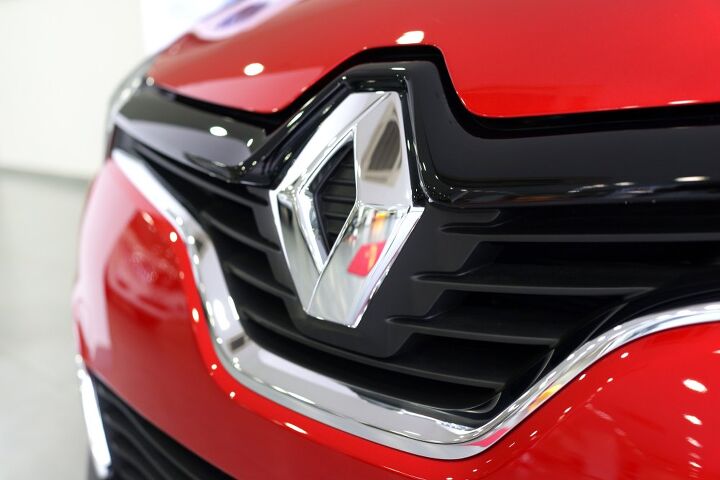
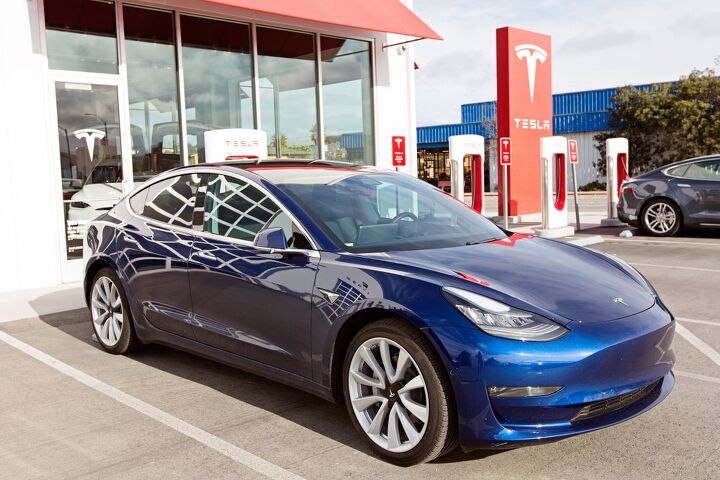

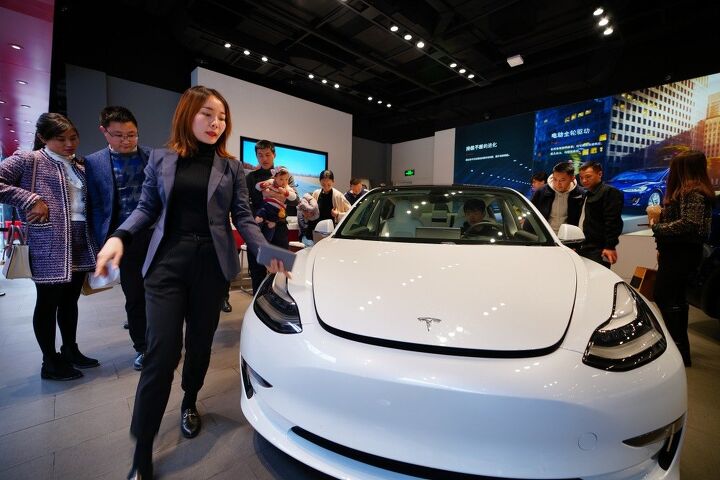

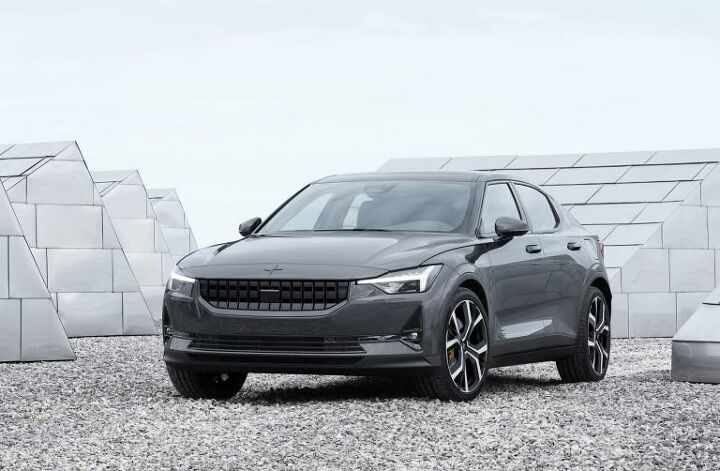





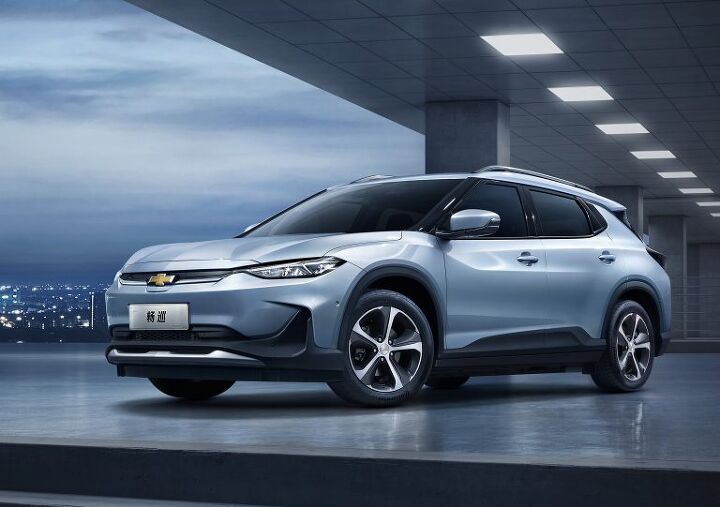

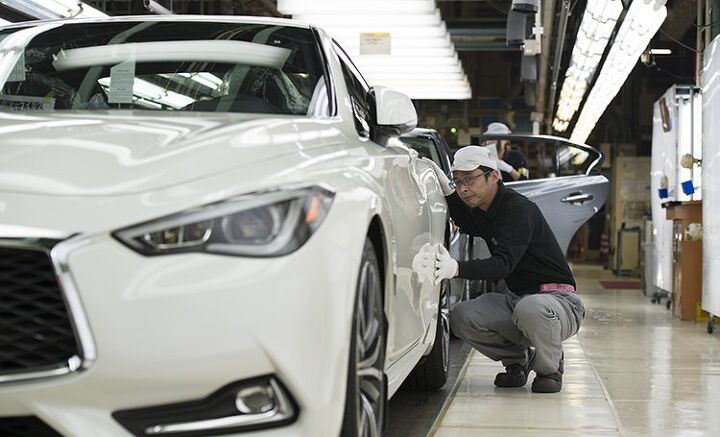












Recent Comments